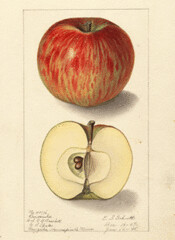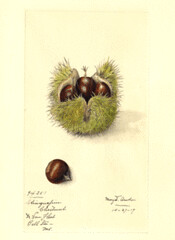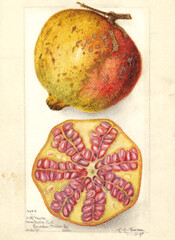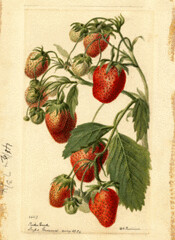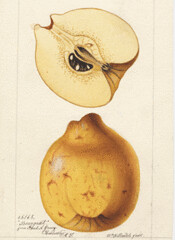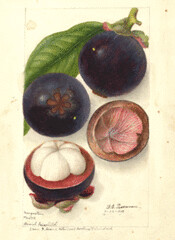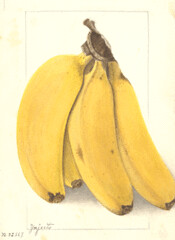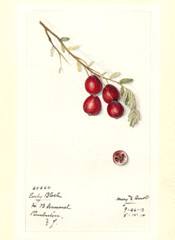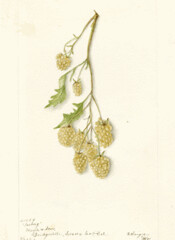"Organic" does not necessarily equal "good"
I was pleased to find this article in the LA Times today:
'Organic' Label Doesn't Guarantee Quality or Taste (L.A. Times)
This article nicely captures my feelings on the subject. I've got nothing against organic food. I eat a fair amount of it. A lot of it's pretty good. But you know what? A lot of non-organic food is pretty good, too. I bugs me to no end when people treat the organic label as though it's some magic talisman of awesome yumminess. It's just a label. A stunningly arbitrary label, actually. And one that doesn't take into account the vast majority of things that influence quality.
But I also have issues with the big company vs. small company bias lots of people, including this article's author, seem to have (but in the interest of full disclosure, I work for one of those big companies...though it's all relative--we're no Monsanto or Dole). In general, yes, big agribusiness has not done well by us in the flavor department (though to be fair, by constantly seeking to buy things for as cheap as possible rather than insisting on the importance of quality, we consumers have basically done it to ourselves), but there are many, many small farms that produce mediocre food too. And there are some big companies who produce pretty decent fruit.
Labels: organics


